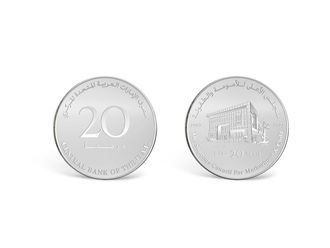Dubai: UAE banks have started applying stringent restrictions on banking services to non-resident Iranians and businesses owned by them, bankers told Gulf News yesterday.
Banks are quietly turning away Iranian customers for fear of violating any international sanctions that could invite penalties for them in the US and Europe.
A leading bank has issued an internal memo to staff to seek prior permission from the top management for offering banking services to non-resident Iranians including salary earners.
"Branches have been advised to obtain prior approval of our head office to open even salary accounts and offer normal banking services such as money transfers and credit card services," said a Dubai banker.
In the recent past Iranian businesses and traders have been subject to stringent regulatory restrictions. However, bankers said this is the first time individual accounts such as salary accounts are coming under close scrutiny.
Bankers said the tightening of norms relating to banking services to Iranians follows the recent UAE Central Bank instructions to stop offering trade finance facilities to Iranian businesses based in the UAE.
Until recently most UAE banks offered facilities to registered Iranian traders including firms operating in free zones across the country.
About 8,000 Iranian traders are registered in Dubai, and re-export trade between Iran and the UAE totalled Dh19.5 billion in the first half of 2011, according to the latest figures from the UAE customs authority.
Most stringent
Bankers have said in recent weeks, following a new series of sanctions on Iran imposed by the US, the UK and the European Union countries, that they were closely scrutinising activities in the existing accounts and were extremely cautious about opening new accounts in the name of Iranian nationals and businesses.
"We continue to open accounts for Iranian businesses, all new accounts are put through special scrutiny. We have been advised by our management to keep a close eye on all financing deals linked to Iranian owned businesses," said an official with a local bank.
The US has imposed the most stringent sanctions so far on Iran, banning transactions involving Iran's central bank, and the European Union has banned the import, purchase or transport of Iranian oil, cutting off its main foreign currency earner.
The 27-member bloc also agreed in January to freeze the assets of Iran's central bank to try to persuade Iran to stop its nuclear programme.
In the past such international sanctions did not seriously impact Iran's trade through the UAE.
But this time many banks including those from countries that have not imposed trade sanctions on Iran have virtually stopped all types of banking transactions with Iranian businesses for the fear of jeopardizing their businesses in the US, the UK and Europe.












